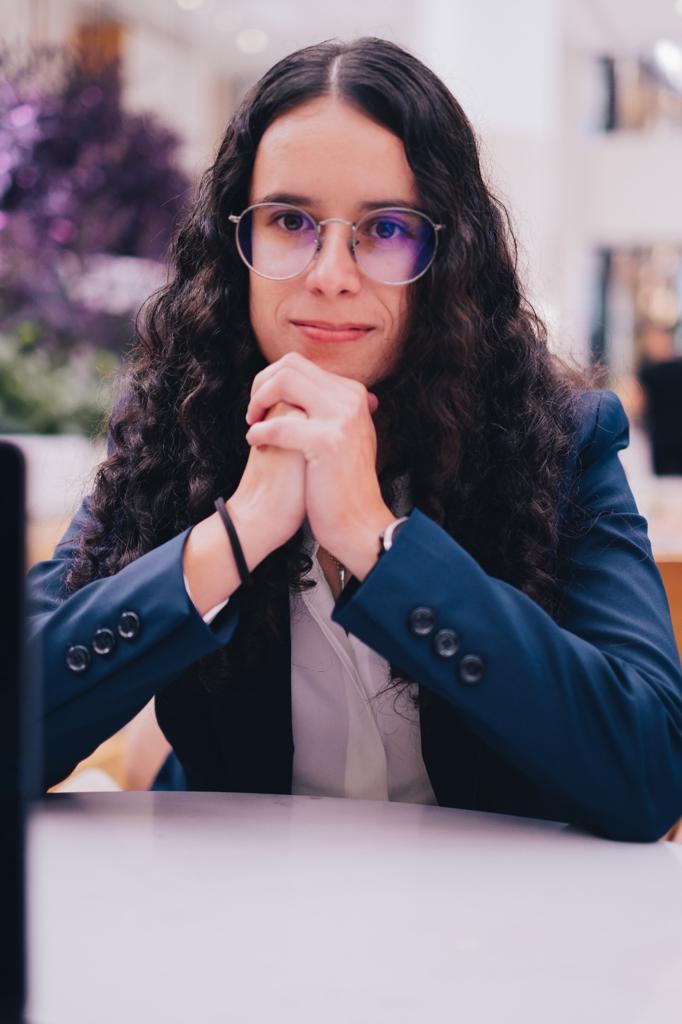
Dr. Marina Vicens-Miquel is a Postdoctoral Research Associate at the University of Oklahoma and a member of the NSF AI2ES. She works primarily under the supervision of Dr. Amy McGovern and Dr. Aaron Hill and actively collaborates with Dr. Efi Foufoula-Georgiou and Dr. Sam Shen. Her current research focuses on advancing deep learning methods for predicting extreme precipitation events across the continental United States (CONUS), with the goal of improving lead time and spatial accuracy beyond current numerical weather prediction capabilities. Her work integrates AI, uncertainty quantification, and Earth system data to enable more reliable and interpretable forecasting of hazardous weather.
Dr. Vicens-Miquel holds a Ph.D. in Geospatial Computer Science from Texas A&M University–Corpus Christi, where she conducted her doctoral research under the supervision of Dr. Philippe Tissot at the Conrad Blucher Institute (CBI). Her dissertation focused on predicting beach inundation up to 72 hours in advance, including identifying the maximum runup extent. As part of that work, she developed a novel method for wet/dry shoreline detection using both UAV (Unmanned Aerial Vehicle) and stationary camera imagery. She also designed deep learning models to improve real-time water level forecasting, demonstrating her expertise in combining AI with geospatial and remote sensing data.
Prior to her doctoral studies, Marina graduated in 2020 with a double major in computer science and mathematics from Texas A&M University–Corpus Christi, where she was also a student-athlete on the NCAA Division I Women’s Tennis Team. Her early research in AI began in 2018, when she co-authored the paper “Flooded Area Detection from UAS Images Based on Densely Connected Recurrent Neural Networks,” published in the proceedings of the IEEE International Geoscience and Remote Sensing Symposium (IGARSS). In 2020, she further explored AI applications in natural disasters while working at the Lone Star UAS Center of Excellence and Innovation, where she developed deep learning models to classify building damage from aerial imagery.
Marina is passionate about advancing the field of environmental AI. Her long-term vision is to establish an interdisciplinary research lab that leverages deep learning for climate resilience, flood risk management, and extreme weather prediction. She is committed to mentoring future scientists and contributing to the development of trustworthy, ethical AI that serves both science and society.